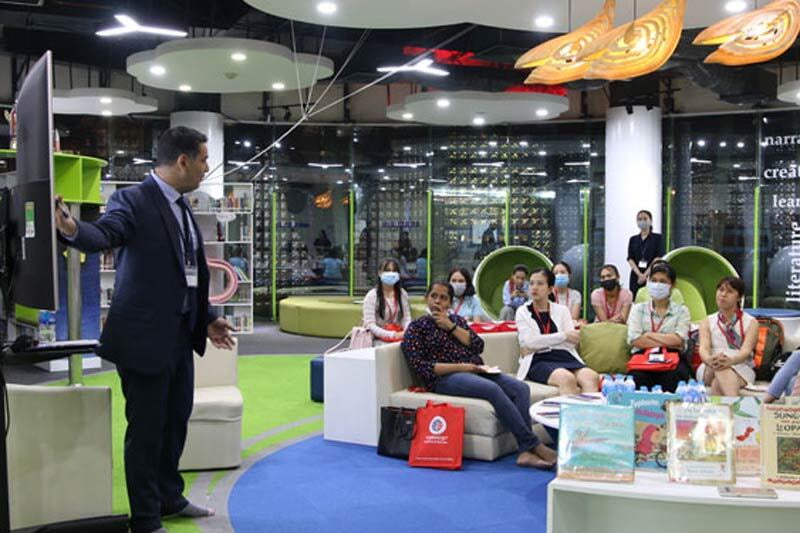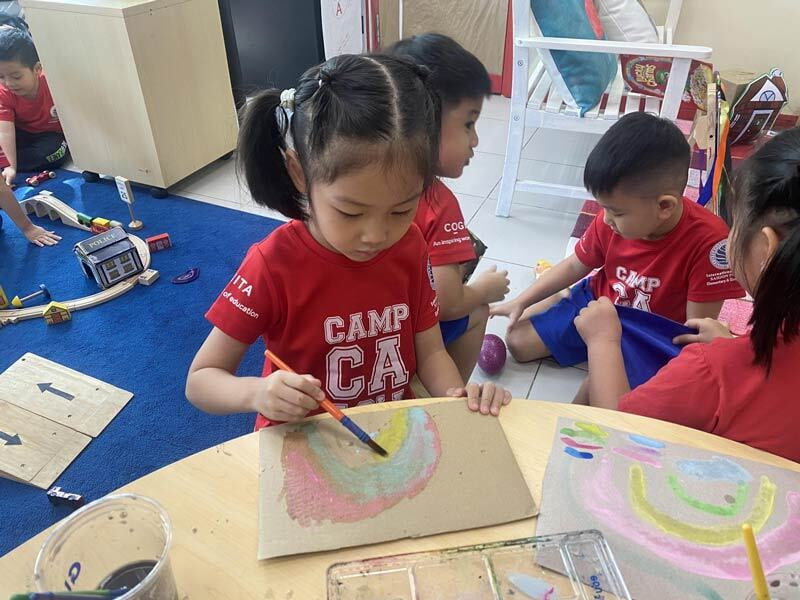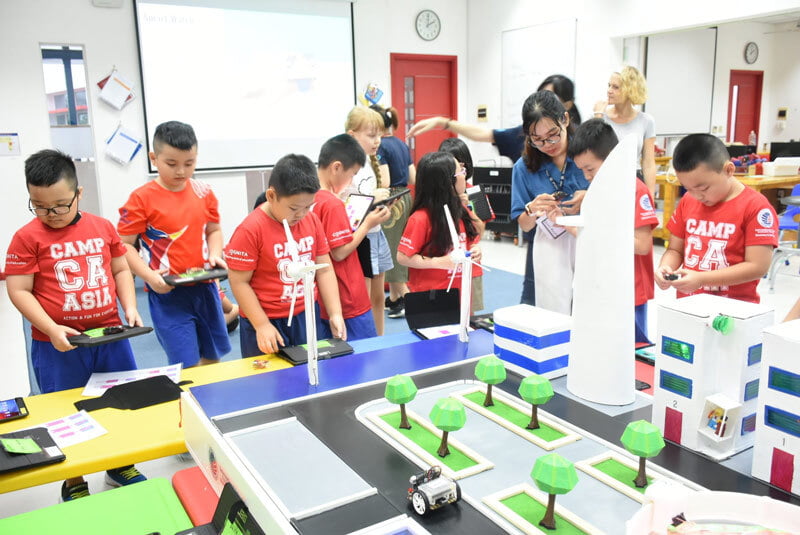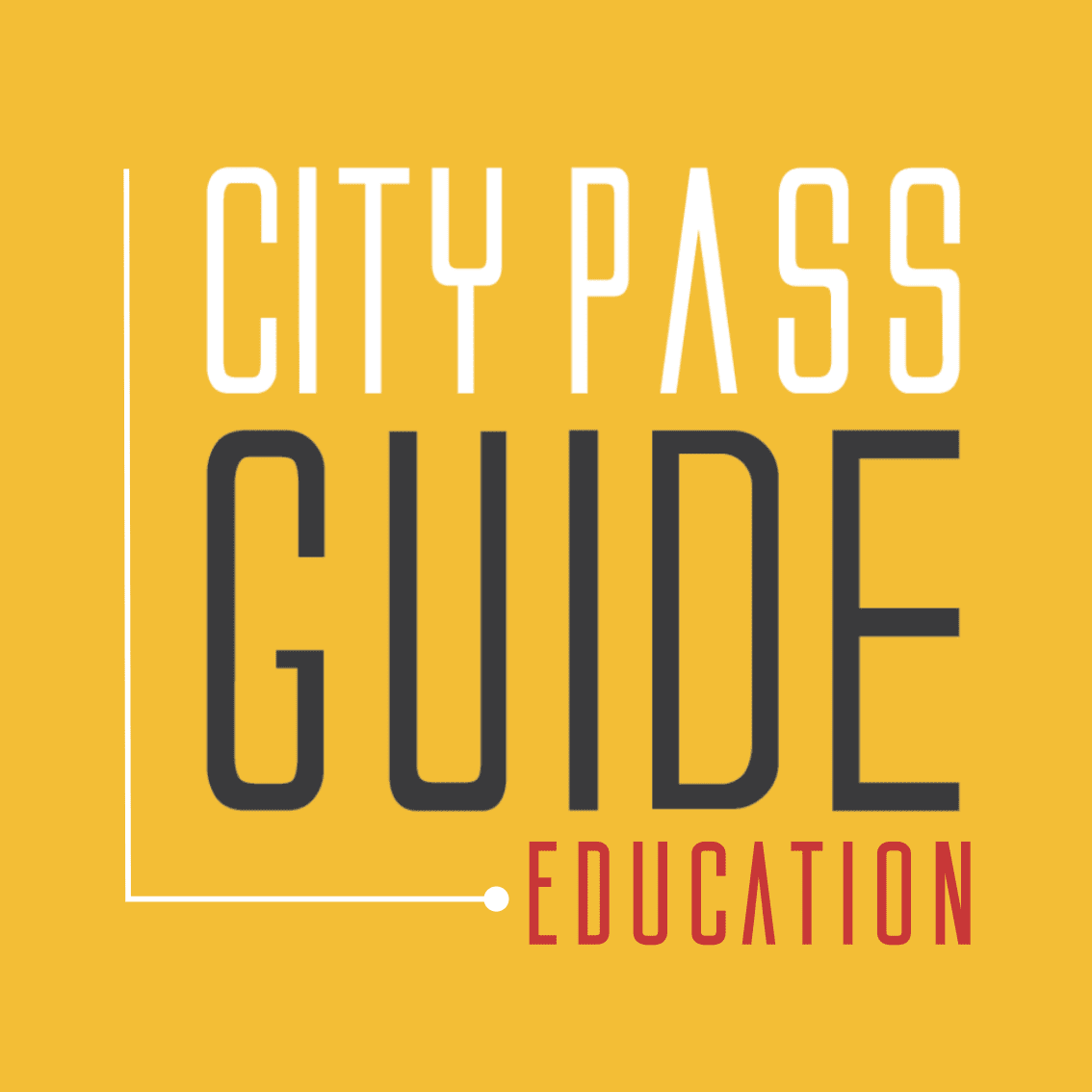As International School Saigon Pearl takes steps to become an authorised International Baccalaureate school, parents may begin to wonder how this will change what students as ISSP will learn.
Fortunately, there are many similarities between the IB Primary Years Programme that we are aiming to introduce and the Reggio Emilia approach that we already embrace. This means that, for the most part, there will not be too many changes for our students to address.
However, one noticeable difference between the existing approach at ISSP and the IB Primary Years programme are the six ‘transdisciplinary themes’.

In the IB Primary Years Programme, these six ‘themes’ create a framework for teachers to apply across subjects. The aim is to provide students with the opportunity to move beyond the area of one particular subject and to begin learning across all of their studies, making connections and developing essential skills as they do so.
The six themes outlined below have meaning for, and are important to, each and every one of us. This means that as we move to introduce the IB Primary Years Programme, ISSP will continue to prioritise our goal of developing the whole child as an inquirer, both in the classroom and in the world outside.
Introducing the Six Transdisciplinary Themes
As a parent of an ISSP student, it is likely that you will hear a lot more about the six themes of the IB Primary Years Programme in the future. However, this introduction will help familiarise you with what your child will be doing as ISSP begins to introduce the IB framework from the start of this academic year.
Theme 1: Who we are
The first of the IB PYP transdisciplinary themes is ‘Who We Are’.
In this unit, students will learn about the things that make us human, and the relationships that we build. Key topics that will be introduced include the nature of the ‘self’, our beliefs and values and the concepts of personal, physical, mental, social and spiritual health.

Students will also learn about the various human relationships including families, communities and cultures and the rights and responsibilities that we all have.
Theme 2: Where We Are in Place and Time
When students study the second interdisciplinary theme, ‘Where We Are in Place and Time’ they will be introduced and allowed to explore the ideas of personal histories and the relationships and the interconnectedness of individuals and of civilizations.
They will also make inquiries into the discoveries, explorations and migrations of humans throughout history and across the globe.
Theme 3: How We Express Ourselves
The third interdisciplinary theme in the IB PYP program allows students to make enquiries into the ways in which people discover and express ideas. During this unit, students will investigate how feelings are expressed, how we discover and communicate our nature, our culture, our beliefs and our values.

IB PYP students will also explore the ways in which we reflect on, extend and enjoy our creativity and how we develop an appreciation of ‘beauty’.
Theme 4: How the World Works
When they begin their enquiries into ‘How the World Works’ ISSP students will not only begin exploring the natural world and its laws but they will also investigate the interaction between the natural world and human societies.
Key elements of this theme are how humans use their knowledge of scientific principles and the impact that scientific and technological advances have on society and on the environment.
Theme 5: How We Organize Ourselves
The fifth interdisciplinary theme, ‘How We Organise Ourselves’ allows students to enquire into the interconnectedness of human-made systems and communities.
By exploring this theme, our young learners will gain an understanding of the structure and function of organizations, how societies make their decisions and how economic activities make an impact on both humankind and the natural environment.
At ISSP it has always been a priority of ours to develop socially responsible citizens. The sixth theme of IB PYP Programme also addresses this objective as students are given the opportunity to develop an understanding about ‘Sharing the Planet’.
A key theme of this unit is once again communities and the relationships within and between them. Students will also make enquiries into the rights and responsibilities we all have in the struggle to share our limited resources with other people and with other living things, in addition to investigating the ideas of equal opportunities and peace and conflict resolution.
The move to introduce the IB PYP framework, is driven by our constant desire to do better for our students and school community. Early Years students will continue to enjoy the Reggio Emilia inspired, play-based, learning units of inquiry, whilst primary students will see adjustments made to incorporate the IB PYP framework.
By adopting an inquiry-based programme that engages with the topics outlined in the six transdisciplinary themes, it is our belief that our students will be able to identify concepts that are relevant across, between and beyond the boundaries of a subject, helping them to become the critical thinkers and problem solvers of the future.
